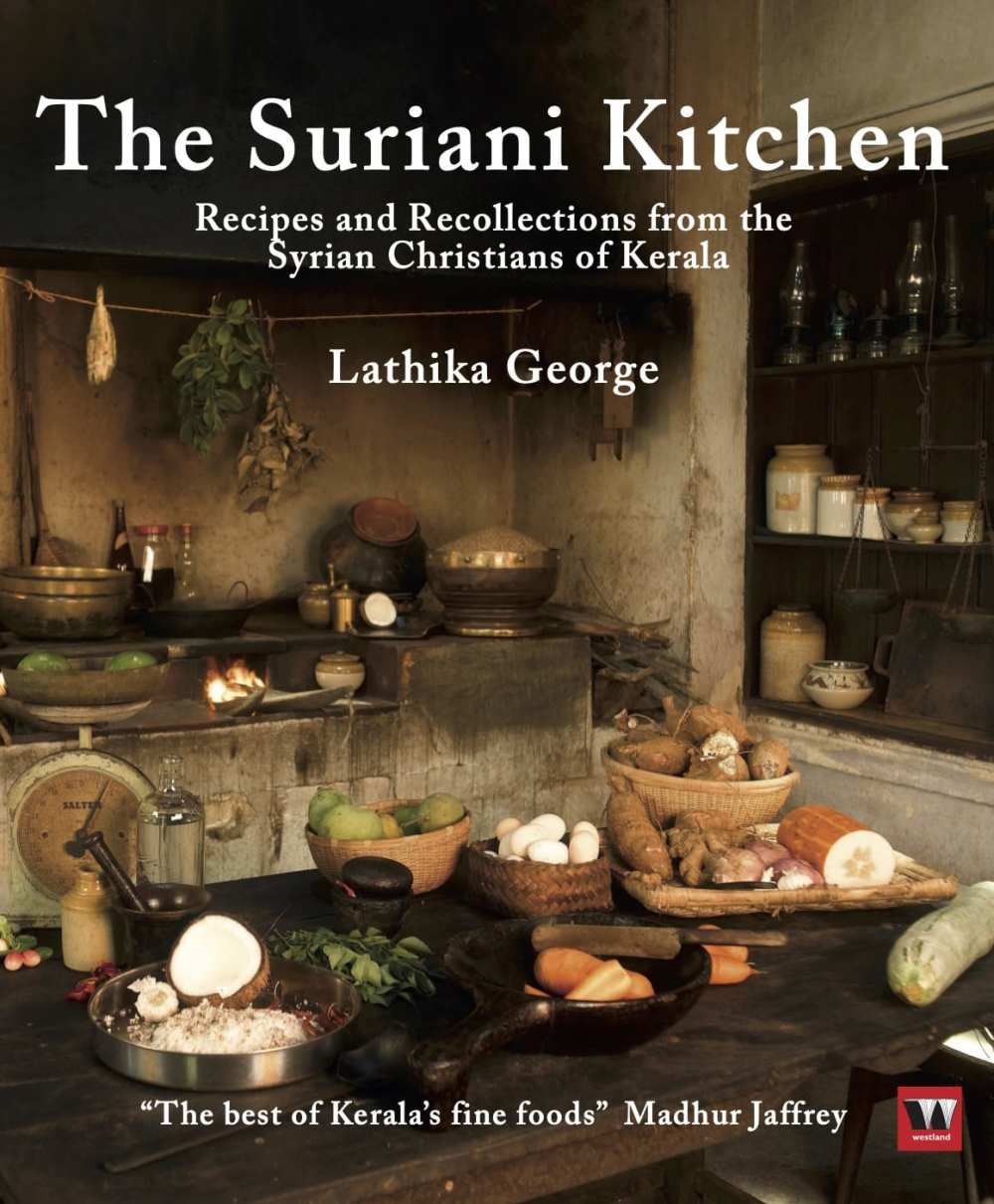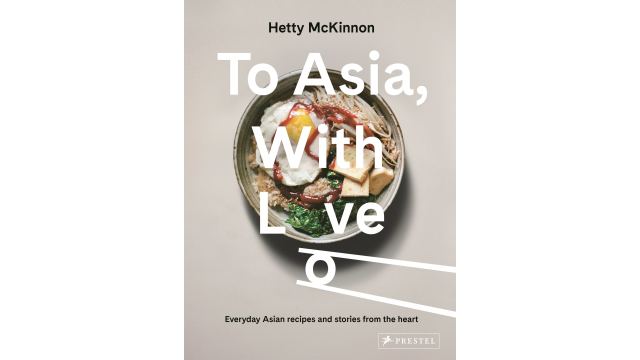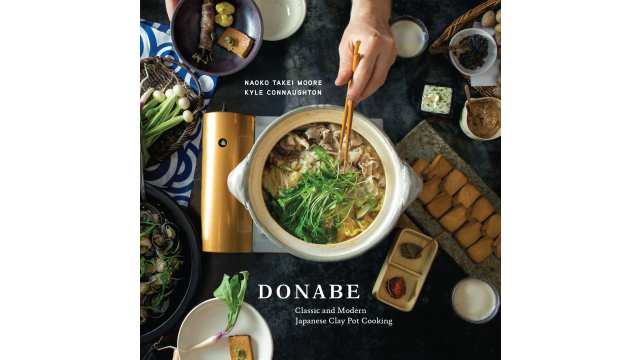The Suriani Kitchen

Spices have drawn explorers to the southern states of India for centuries. Ships from Arabia, Greece, and China made their way to the Kerala coast, and in one of those boats in AD 52, Thomas the Apostle is said to have set foot in India and establish the Syrian Christians, or Suriani. Suriani cuisine, influenced by different cultures, uses fresh local ingredients and is rich in spices (pepper, cardamom, star anise, fennel, and clove). George gives us a peek into her own Suriani family’s traditions. She recounts “the spicy fragrance of wood smoke, nutmeg, and pepper” synonymous with her childhood summers in Kanjirapally. She describes the traditional kitchen — still found in old sprawling villas (tharavads) in Kerala — that has six or more wood-fired stoves. One stove to cook kanji (rice gruel). The vigorous fire from another stove for a swiftly prepared olathiatu (stir fry) and the smallest with live coal embers to place on top of an appa chatti (griddle) to cook rice pancakes. Suriani cuisine is mostly non-vegetarian, but this doesn’t take away from the delicious vegetarian thorans (side dishes), steamed plantains, and freshly ground chutneys that accompany every meal.


